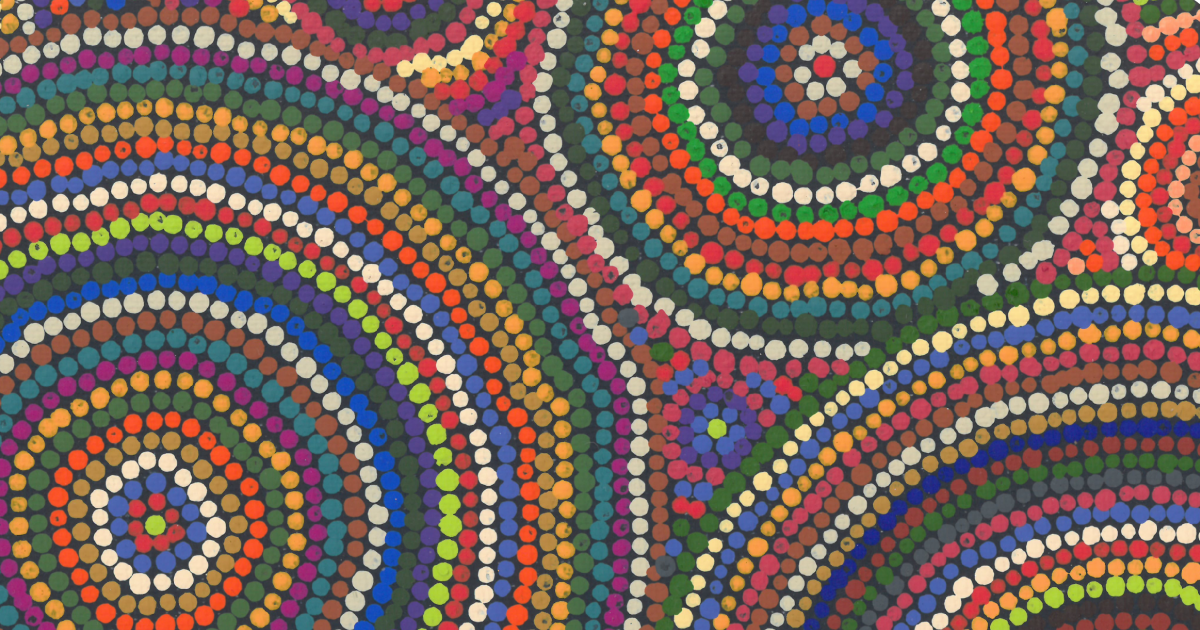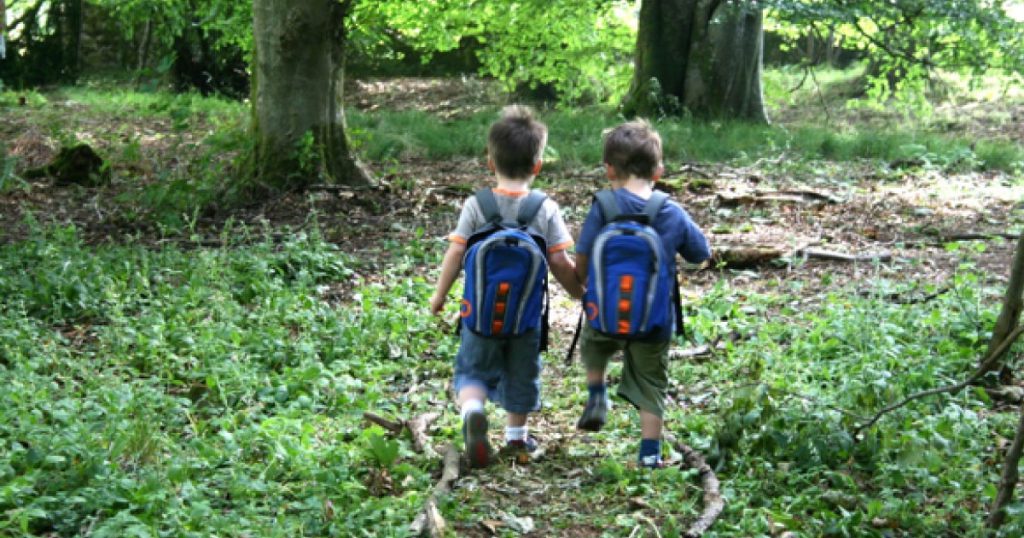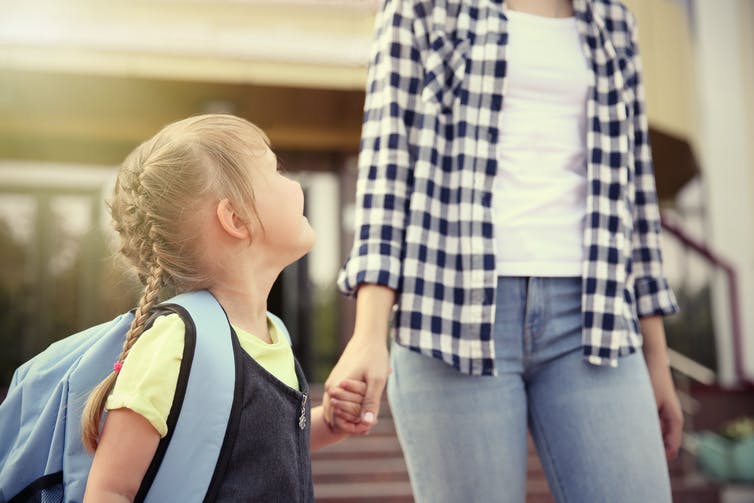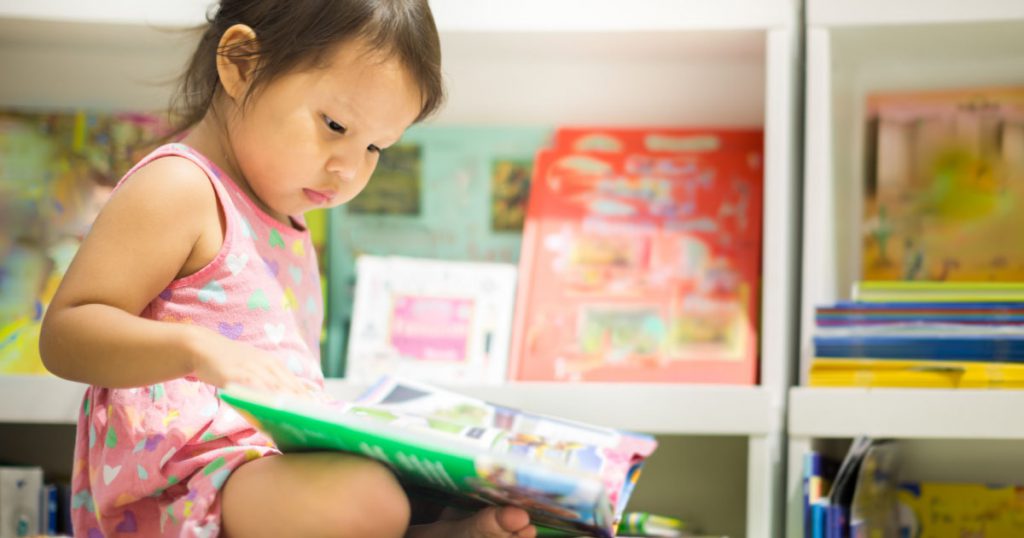Every year on the 26th of January we celebrate what it means to be Australian. It’s a day when we welcome new Australians into the fold through Citizenship ceremonies and we get together for barbecues, that most inexplicably Australian of meals. We mark the day in a myriad of ways and yet we continue to ignore the elephant in the room: the continued requests by Aboriginal communities to change the date on which we celebrate togetherness and the Australian way of life.

Each year I ruminate and then write about the ways in which I had hoped Australia would have changed over the past twelve months. I hope and I hope for a shift in the public attitude, so that my two children might see the Australia in which they live understands the hurt of the past, the history of violence, the dispossession and loss. I hope that they are supported in their Aboriginal identities, and that they can be proud and loud about how fantastic it is to live in Australia, a country that understands, values and cherishes it’s Aboriginal and Torres Strait Islander peoples.
Every year I am disappointed.
2020 marked some outstandingly tragic losses to cultural heritage and some incredible backward steps in regard to community consultation and respect for Aboriginal ways of knowing and being.
In 2020, the young people with whom I work at Wiradjuri Preschool and Child Care, shared the incredible sense of loss and mourning that I experienced with the destruction of the Djab Wurrung Directions birthing tree. We spoke at length about the value and ongoing relationships this and other important cultural heritage sites have for, and with, Aboriginal communities.
Country is more than land, it is family.
The young people I shared this loss with felt a large range of emotions. Some felt the grief I was feeling, others felt shame and still others felt anger and confusion. These young Australians were ranging between the ages of 2-5 years of age. These young people, for whom life is just starting, and with whom the hope for a future Australia that truly values Aboriginal ways of knowing and being lays, already share with Aboriginal people the sense of loss that continues to be an everyday experience for us. They share with us the sense that our ‘go’ is not the fair one we are all promised in Australia, and it is this sense that I try to focus on, this year as Australia Day, Invasion Day, Survival Day approaches.
Continue to have these real and hard conversations with the young people in your lives, be they professional or personal relationships, as generations of children that understand and share a respect, love and connection to Country are our best hope for an improvement to things for everyone: true reconciliation.
Australia Day, the 26th of January, remains the date which marks the beginnings of the damage done to Aboriginal lives, cultures, languages, families.
It doesn’t need to stay this way.
The date can be changed, and it is only through developing understanding and empathy in young people, that the need to change the date will become apparent. Spend time leading up to Australia Day this year reading, learning, speaking with community members, and educating yourself and your communities about the impact of this celebration.
Hopefully next year, and with the Early Childhood Education and Care community leading the charge, things will have taken a turn for the better.
Then, I will REALLY have something to write about.
ECA recommends

ECA Research in Practice Series, Acceptance, justice and equality: exploring reconciliation in early childhood education and care
By Catharine Hydon and Adam Duncan
This edition of the Research in Practice Series aims to support early years practitioners in exploring reconciliation with young children. Starting with insights into the history of reconciliation in Australia, the book provides ideas for reflection and action towards a reconciled Australia. You can purchase or subscribe to get a copy here.



